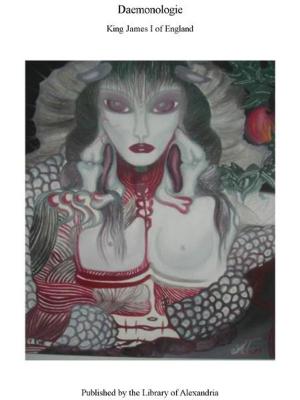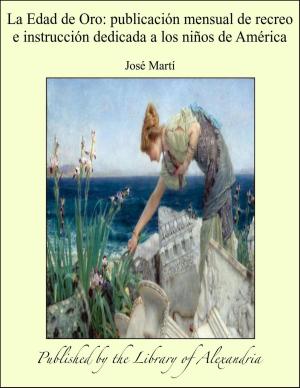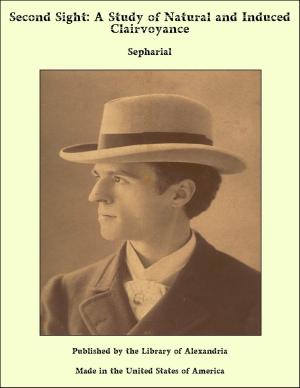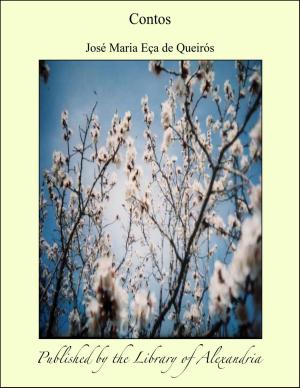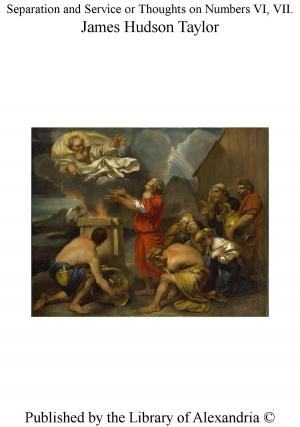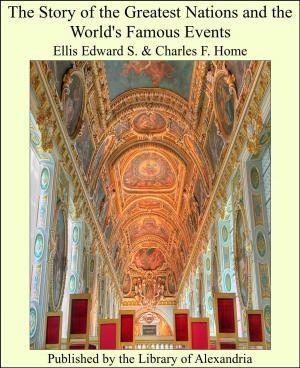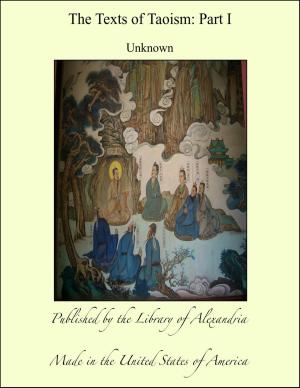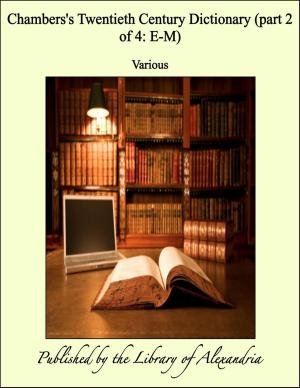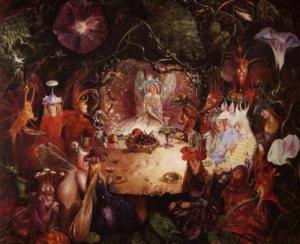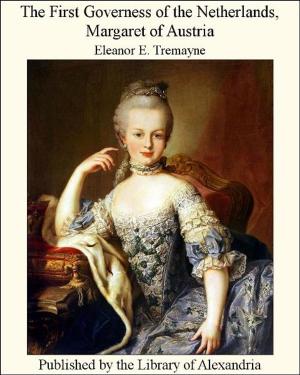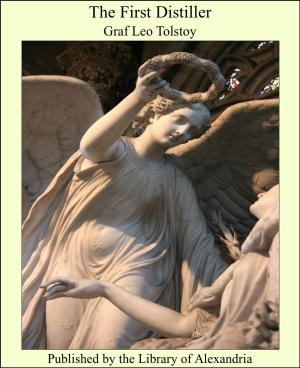On the Banks of the Amazon
Nonfiction, Religion & Spirituality, New Age, History, Fiction & Literature| Author: | William Henry Giles Kingston | ISBN: | 9781465596789 |
| Publisher: | Library of Alexandria | Publication: | March 8, 2015 |
| Imprint: | Language: | English |
| Author: | William Henry Giles Kingston |
| ISBN: | 9781465596789 |
| Publisher: | Library of Alexandria |
| Publication: | March 8, 2015 |
| Imprint: | |
| Language: | English |
I might find an excuse for being proud, if I were so,—not because my ancestors were of exalted rank or title, or celebrated for noble deeds or unbounded wealth, or, indeed, on account of any ordinary reasons,—but because I was born in one of the highest cities in the world. I saw the light in Quito, the capital of Ecuador, then forming the northern part of the Spanish province of Peru. The first objects I remember beyond the courtyard of our house in which I used to play, with its fountain and flower-bed in the centre, and surrounding arches of sun-burned bricks, were lofty mountains towering up into the sky. From one of them, called Pichincha, which looked quite close through the clear atmosphere of that region, I remember seeing flames of fire and dark masses of smoke, intermingled with dust and ashes, spouting forth. Now and then, when the wind blew from it, thick showers of dust fell down over us, causing great consternation; for many thought that stones and rocks might follow and overwhelm the city. All day long a lofty column of smoke rose up towards the sky, and at night a vast mass of fire was seen ascending from the summit; but no harm was done to the city, so that we could gaze calmly at the spectacle without apprehension. Pichincha is, indeed, only one of several mountains in the neighbourhood from the tops of which bonfires occasionally blaze forth. Further off, but rising still higher, is the glittering cone of Cotopaxi, which, like a tyrant, has made its power felt by the devastation it has often caused in the plains which surround its base: while near it rise the peaks of Corazon and Rumiñagui. Far more dreaded than their fires is the quaking and heaving and tumbling about of the earth, shaking down as it does human habitations and mountain-tops, towers and steeples, and uprooting trees, and opening wide chasms, turning streams from their courses, and overwhelming towns and villages, and destroying in other ways the works of men’s hands, and human beings themselves, in its wild commotion.
I might find an excuse for being proud, if I were so,—not because my ancestors were of exalted rank or title, or celebrated for noble deeds or unbounded wealth, or, indeed, on account of any ordinary reasons,—but because I was born in one of the highest cities in the world. I saw the light in Quito, the capital of Ecuador, then forming the northern part of the Spanish province of Peru. The first objects I remember beyond the courtyard of our house in which I used to play, with its fountain and flower-bed in the centre, and surrounding arches of sun-burned bricks, were lofty mountains towering up into the sky. From one of them, called Pichincha, which looked quite close through the clear atmosphere of that region, I remember seeing flames of fire and dark masses of smoke, intermingled with dust and ashes, spouting forth. Now and then, when the wind blew from it, thick showers of dust fell down over us, causing great consternation; for many thought that stones and rocks might follow and overwhelm the city. All day long a lofty column of smoke rose up towards the sky, and at night a vast mass of fire was seen ascending from the summit; but no harm was done to the city, so that we could gaze calmly at the spectacle without apprehension. Pichincha is, indeed, only one of several mountains in the neighbourhood from the tops of which bonfires occasionally blaze forth. Further off, but rising still higher, is the glittering cone of Cotopaxi, which, like a tyrant, has made its power felt by the devastation it has often caused in the plains which surround its base: while near it rise the peaks of Corazon and Rumiñagui. Far more dreaded than their fires is the quaking and heaving and tumbling about of the earth, shaking down as it does human habitations and mountain-tops, towers and steeples, and uprooting trees, and opening wide chasms, turning streams from their courses, and overwhelming towns and villages, and destroying in other ways the works of men’s hands, and human beings themselves, in its wild commotion.


